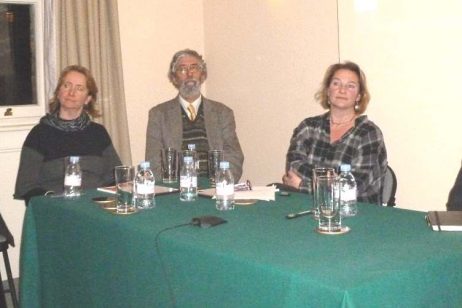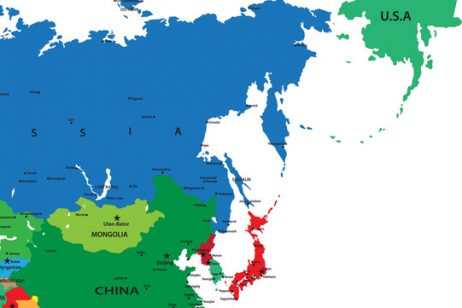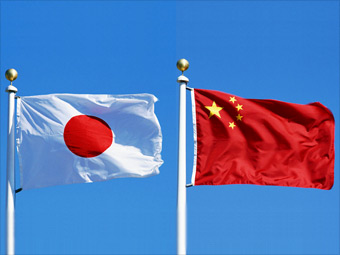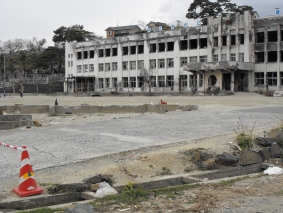12 March 2013
Social Innovation and New Solutions to Youth Unemployment: UK & Japan’s Emerging Youth Policy
From the 1960s onwards, Japan’s rapid economic growth coincided with low levels of youth unemployment. However, by the 2000s, youth unemployment was recognised as a serious concern. In what way did the Japanese respond to this situation? The speaker, Dr Tuukka Toivonen, discussed how enterprising youth workers tackle youth employment issues. Tony Wilson, Policy Director of Inclusion, which delivers research and new approaches to policy that promote social inclusion in the labour market, talked about the UK’s policy of intervention and provision of training to improve the employability of British youth.
More info








